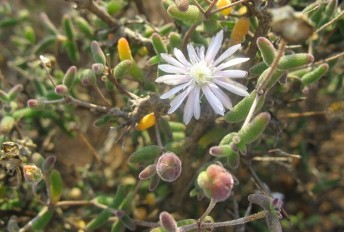
Posted on August 16, 2024
The University of Pretoria (UP) has been part of a groundbreaking international study to understand how plants found in drylands have adapted to these extreme habitats. The results of this large-scale study, which involved 120 scientists from 27 countries, were recently published in scientific...
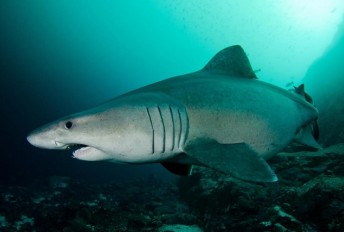
Posted on November 15, 2023
New research arising from a collaboration between scientists at the University of Pretoria (UP) and Trinity College Dublin has shown there are likely more warm-bodied sharks out there than previously thought.
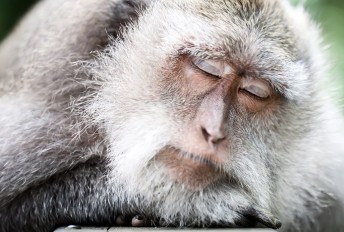
Posted on October 23, 2023
The quest for immortality has long fascinated humans, and inspired countless tales – now, in two new studies published in the journals Nature and Science, University of Pretoria (UP) researchers, along with a team of global experts known as the Mammalian Methylation Consortium, are a step...
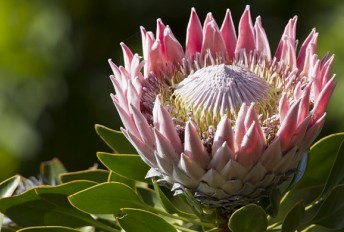
Posted on May 24, 2023
University of Pretoria (UP) researchers are at the forefront of a very special first for South African plant sciences. They have unravelled the precise genetic make-up of the country’s national flower, the king protea (Protea cynaroides). It is the first plant that’s unique to South...

Posted on December 07, 2022
The ice-free areas of Antarctica were initially thought to be devoid of life, but with the advent of modern genetic technologies, scientists now know that microorganisms have adapted to living in this extreme environment.
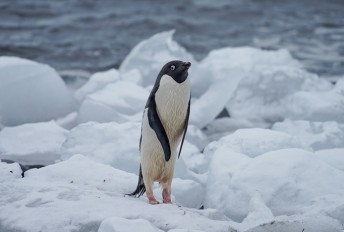
Posted on November 02, 2022
The Southern Ocean around Antarctica needs urgent protection – for the sake of the rest of the world. This marine wilderness is threatened by climate change and commercial fisheries, says University of Pretoria (UP) macro-ecologist Dr Luis Pertierra, an expert on the natural value of the...
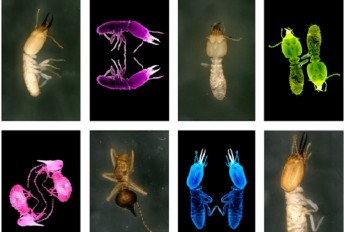
Posted on September 28, 2022
The University of Pretoria (UP) recently participated in an international study led by the University of Miami to investigate termite and microbial wood discovery and decay. Termites release carbon from the wood as methane and carbon dioxide, which are two of the most important greenhouse gases...
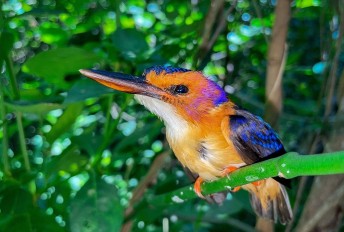
Posted on June 22, 2022
Rising temperatures as a result of climate change will affect bird species differently, and their abilities to withstand extremely hot conditions depend on the part of the world that they find themselves in and the climatic region to which their physiology has become adapted over the course of...
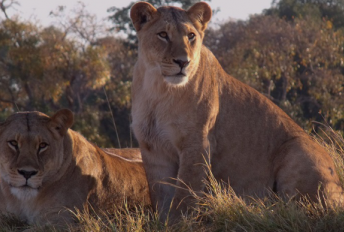
Posted on February 09, 2022
When wild lions sneak up on a herd of cattle to grab an easy meal, the dice seem to be loaded more heavily against certain herd members, which are more likely than the others to be killed and eaten, according to a new study conducted by scientists from the University of Pretoria (UP).
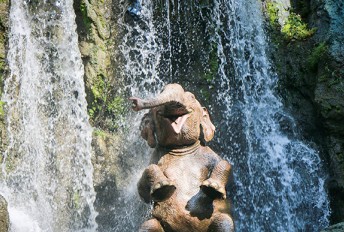
Posted on December 16, 2021
Water is a vital resource for mammals. This is especially true for African elephants that generally drink every day but can go two to three days between drinks. As they have an exceptional sense of smell, it has been suggested that elephants may locate water using olfactory cues. However, there...
Copyright © University of Pretoria 2025. All rights reserved.
Get Social With Us
Download the UP Mobile App